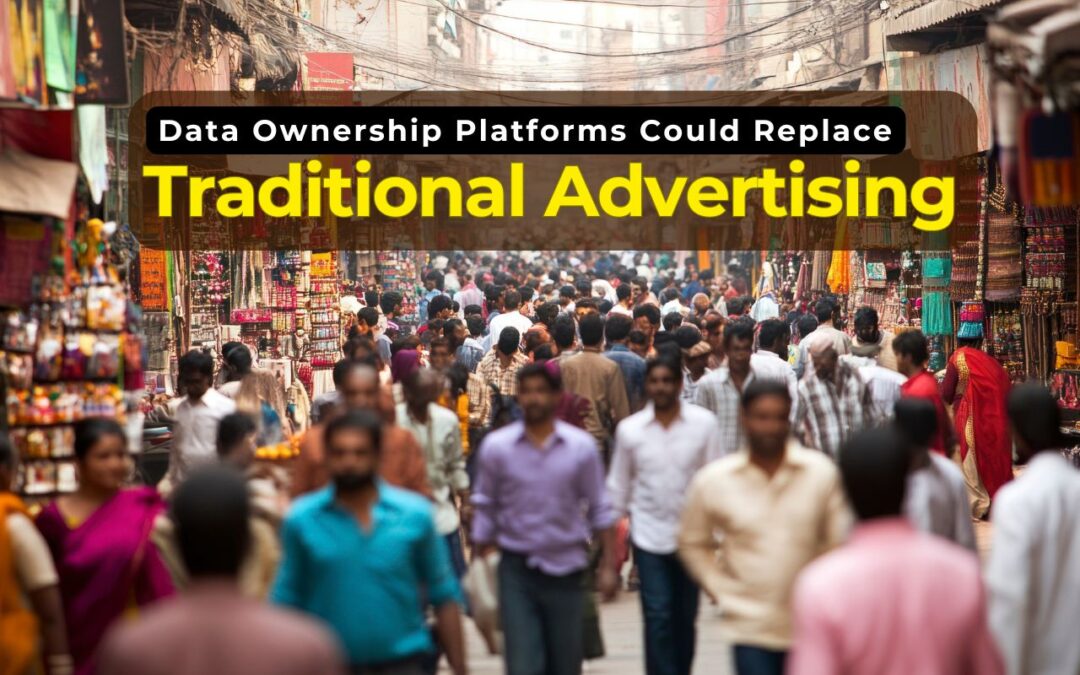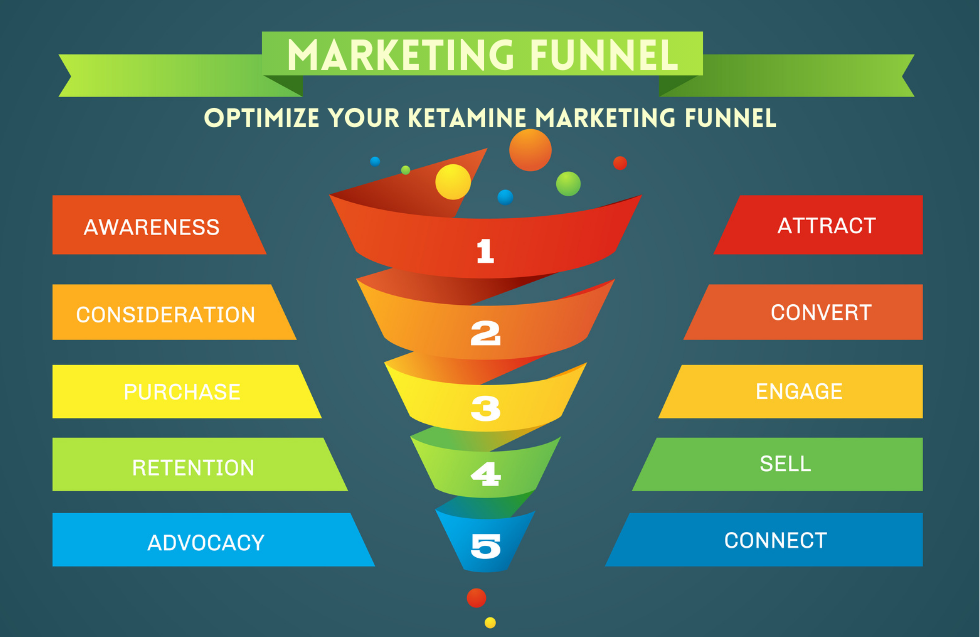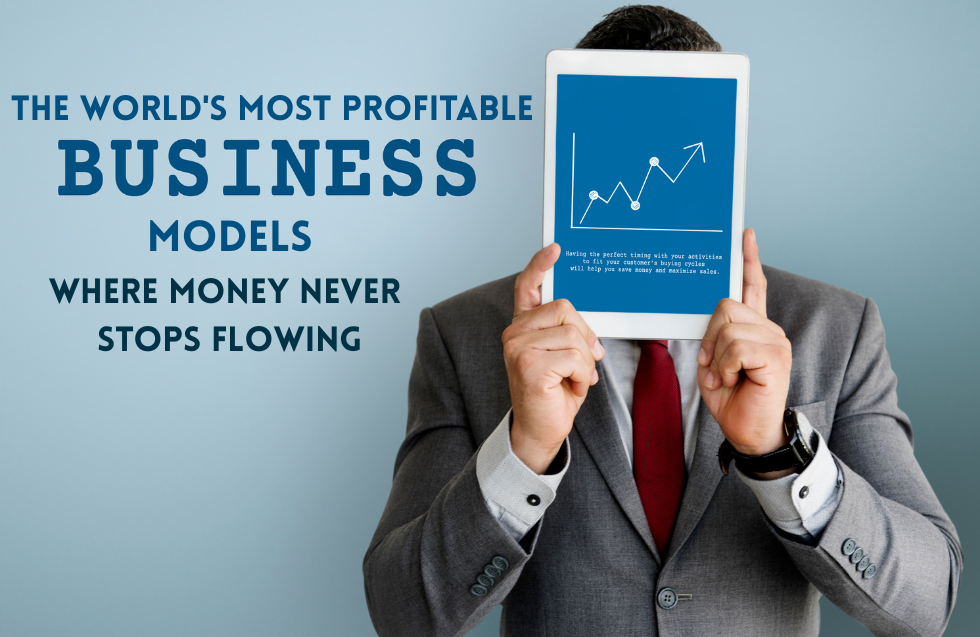Think about it-you control your own data, companies will ask for permission to use it, and even pay you for it. No, this is not science fiction. This is the future of traditional advertising, and it is already beginning to surface through data ownership platforms.
After the exit of traditional advertising (based on covert or hidden audience tracking, opaque algorithms, and wholly speculative targeting), towards platforms and systems based on transparency, permission, and even payment is accelerating. As consumers demand more clarity and control in how their data and privacy is abused, these platforms may change the way brands talk to and engage people for good.
The Problem with Old Advertising Models
As we know, companies have taken advantage of deceptive practices such as third-party cookies, tracking pixels, and what social media algorithms allow, enforce, and instill in users online for years. While this has been a very effective way of accurately targeting ads to their consumers, there has been a lot of concern raised about their privacy, consent, and even the use and misuse of the data.
Scandals comparable to Cambridge Analytica, as well as rising concerns related to digital surveillance, have made individuals more suspicious. Regulators are also recognizing this suspicion. As data protection laws (like GDPR and CCPA) are in place and large platform providers (like Apple and Google) have begun to phase out tracking tools, the old model is under pressure. This is where data ownership platforms come into play.
What are Data Ownership Platforms?
In summary, data ownership platforms are digital tools that enable individual to control and manage their personal data and monetize their personal data.
Users are no longer passively tracked; they now actively “opt-in” to share what they want to share and who they want to share information with. In some instances, they are even being monetized for that data. It’s a power shift from corporations to consumers.
Some examples include:
Ozone – A growing Media buying ecosystem based on user-first data practices.
Solid – A Web decentralization initiative started by Tim Berners-Lee, where individuals store their own data in secure “pods.”
Permission.io – A blockchain platform in which users are rewarded for data sharing with advertisers.
Why Now?
The current push around data ownership is not random; it’s due to real market opportunities.
- Privacy Awareness Has Hit Its Peak
Consumers are more educated on how their data is used, and they have started to push back.
- Regulation Is Getting Tough
Product requirements are getting stricter, and governments are putting pressure on corporations for a lack of transparency and consent for collecting data.
- The advancements in technology
Technology is enabling us to create secure, user-owned data systems in new ways, through blockchain, decentralised identity, and zero-knowledge proofs.
- People Want to Be Compensated
If companies are benefitting from this data, it is only right for users to benefit as well, and now platforms are allowing that.
How Does This Disrupt Traditional Advertising?
As of now, advertisers buy access to user data through third parties (social platforms, search engines, programmatic ad networks). If we are able to scale up data ownership platforms, the third party’s gatekeeper power may diminish.
Advertisers could:
- Buy direct access to consumers who have opted in
- Utilise first-party data that is accurate and intentional
- Develop trust-based relationships with actual people
This is not only a more ethical exercise, but it could also be a more effective one. Data collected in the consented environment tends to be more accurate data, meaning better engagement and better results.
Challenges Ahead
The benefits are evident, but the shift will not be without its challenges. Data ownership platforms will face some significant obstacles:
- User Engagement: Many individuals are unaware that data ownership platforms exist, and it will take time to create new switching habits, even once they find out about them.
- Value Models: Users must see value in participation, either fundamentally (financial/privacy/personalisation).
- Brand Development: Marketers must break down their current old habits and develop a new skill set around ethical data.
- Technology Maturity: These platforms are still evolving, and scalability/security experience/user experience is volatile.
That said, it is hard to disregard the trajectory.
The Rise of the Informed Consumer
This shift is more than just privacy. It is an empowerment. People don’t need to be manipulated, tracked, or even targeted anymore. They want to have a stake in their data. They want to share. They want to choose who sees the data, what the data is being used for, when the data is being used, and they want to be compensated for it.
Data ownership platforms provide this agency, and when people feel respected, they respond differently. Brands that capitalize on this movement now will be seen not only as modern but as ethical, trustworthy, and responsible.
A Hybrid Future
Traditional advertising isn’t going to vanish overnight. Big tech companies will still determine how the digital ads work. Expect a hybrid ecosystem to evolve with user data being owned by the user, and corporate ad systems with brands vying for permission.
We are already beginning to see:
• social media platforms that are testing with “paid-for-data” models
• browsers that are rolling out built-in privacy wallets
• App users who prefer apps that don’t mine personal data
The evolution may be slow, but it is already happening.
Final Thoughts: A New Value Exchange
Advertising has never survived except in terms of value exchange, content for attention, convenience for data. Today, that exchange has become one-sided, and while these data ownership platforms are emerging, advertising could again float the boat for both organizations and consumers in an ethical manner.
In a world where privacy is a premium, respect is currency, and trust is the only barrier for competition, returning control to the user is not radical; it is simply common sense.
As marketers, entrepreneurs, and consumers:
Are we ready to stop talking about privacy and give privacy?
Will you share your data if you gain control, clarity, and compensation?
What will you do in the future of ethical traditional advertising?













